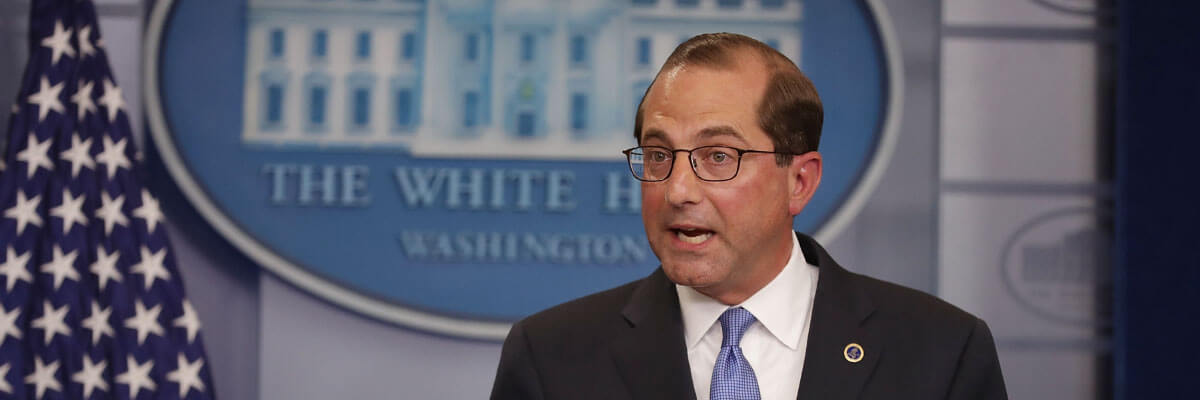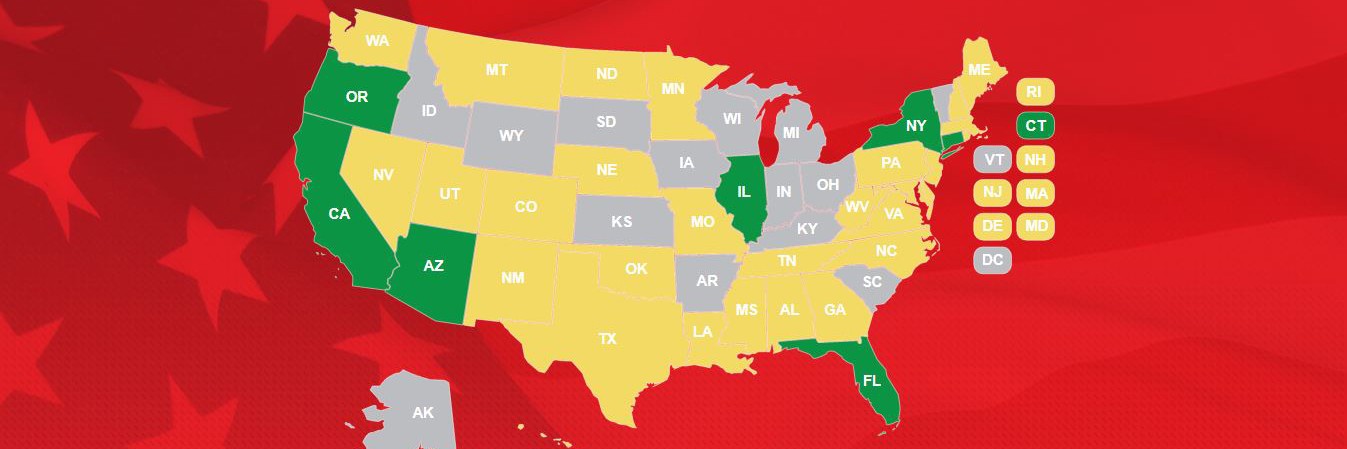Today, the U.S. Department of Justice issued a warning to the Academy of Motion Pictures, effectively saying: “Don’t cross the line to further solidify your monopoly!”
The Academy, which produces the Academy Awards (a.k.a., the Oscars) is contemplating rule changes that would effectively shut Netflix movies out from Oscar contention, relegating them to the Emmys as “Made for TV Movies.”
Obviously Hollywood insiders are trying to protect their turf, and fortunately for all of us, the Justice Department is totally on top of things, taking pre-emptive action to prevent the Motion Picture Academy from extending its monopoly over the film industry.
This should come as a relief to all of us Americans who thought the Justice Department was asleep at the wheel and didn’t care about monopolies stifling competition. I was getting particularly concerned (but am now relieved), since the U.S. Government Accountability Office just issued a report on the subject. Here’s the first paragraph from the report:
What the GAO Found
Enrollment in private health insurance plans continued to be concentrated among a small number of issuers in 2015 and 2016. In the overall large group market (coverage offered by large employers), small group market (coverage offered by small employers), and individual market (coverage sold directly to individuals), the three largest issuers held 80 percent of the market or more in at least 37 of 51 states. This is similar to what GAO previously reported for 2011 through 2014.
Note: Please do not ask me which GAO official’s 6th grade geography teacher taught them that there are 51 states. We all know what they mean. I think. Puerto Rico? The District of Columbia? Maybe—that would be 52. So, I guess we don’t really know after all.
When a behemoth industry is reduced to such a small number of competitors and can’t quite be called a “monopoly,” it starts to resemble Russian oligopolies, which in American parlance is often referred to as “organized crime.” In Oligopolies, it becomes more profitable for the small number of competitors to “play the game” than to truly challenge each other. When an industry grows to 6, 7, 8 or more competitors, success depends on innovation and efficiency. When reduced to just three, the cost of a price war exceeds the potential gains. So they play ball, not trying to outdo each other. This is how organized crime works. When there are two or three, or even four crime families that control a city’s drug trade, they all play by the unwritten rules, sticking to their territory and keeping prices consistent. Only when the 5th, or 6th, or 7th crime family (or gang, in many cases) enters the market, do they really have to battle for their territory.
A battle is what we need, because that’s the nature of markets. When just a few hospital systems or insurance carriers dominate a market, they play the game. Only when new competitors try to enter the market do they really get competitive — improving quality and service, and driving true innovation. That’s missing in American healthcare, because both providers and payers (insurance carriers) are increasingly participating as members of an oligopoly, often regional in nature because of the way healthcare works. In other words, what we’re dealing with can best be described as the healthcare cartel, and we need the Justice Department to engage and battle it like any other cartel.



